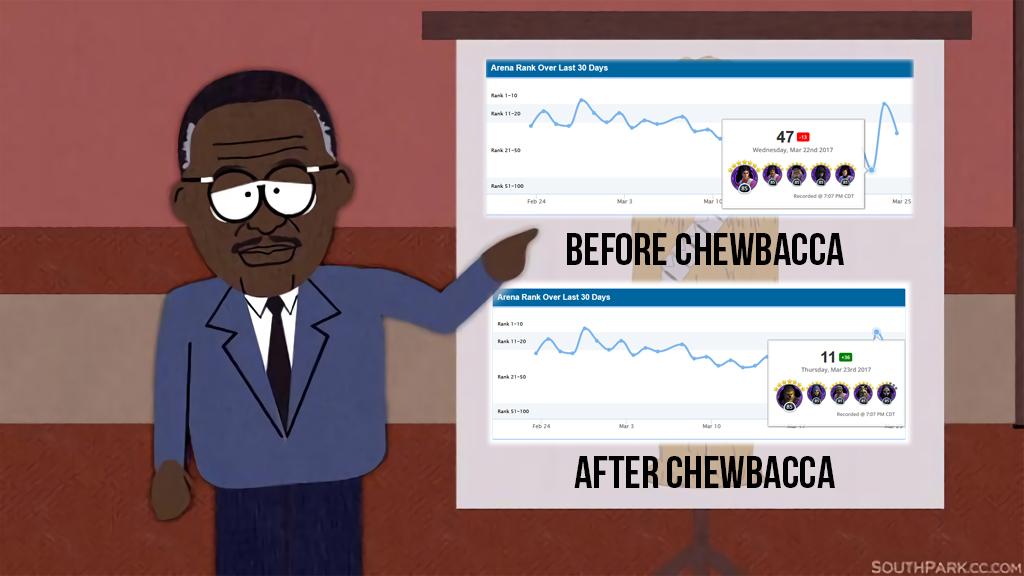Losing a parent is difficult. The loss of an elder makes your mortality clear. But what is much less obvious is whether, with this death, you have inherited debts.
The answer is that for the most part in most states and under most circumstances you, the adult child, do not personally inherit the debts of your elders. But there are some exceptions, and of course everything depends on the details of their finances.
You Are Not the Estate
Some people outline what to do with their assets and liabilities in a will or trust or some other legal instrument that divides their estate. But when there is no will, the estate is divided according to the rules of intestacy, meaning that the state outlines the order of distribution of estate assets. Intestacy statutes vary from state to state.
Whether a parent dies with a will or without one, their debts belong to their estate. And you are not the estate. To the extent that you “lose” due to your parent’s debts, it is because the estate owes creditors money that can’t readily be paid without taking from your portion of the inheritance.
The estate’s executor, the person administering the estate, may decide to sell assets to pay for debts which minimizes your inheritance. But that does not make you personally responsible for making payments to creditors on behalf of your parents.
Creditors typically have a fixed period of time — usually between two and six months — to make claims against your parent’s estate. If there’s not enough money to cover the debt, in many instances “[your parents’] debt will die with them,” certified financial planner Mari Adam of Adam Financial Associates told CNN Money.
When Do You Pay?
You are responsible for a parent’s debt if you co-signed a loan or credit card with them. To the extent that you always shared the debt, that will not change with the death. Now you take over the debt on a co-signed loan. But if you are not a co-signer, be careful, as creditors may still try to call and convince you to pay your parent’s debts. You are not legally obligated to do so.
Some states do require children to pay a parent’s unpaid medical debts when the estate cannot do so. But there are limitations on the ability to collect in this context.
Finally, if you inherit a home that still has a mortgage, you will become responsible for that debt as the new home owner. A bank cannot make you pay the mortgage off immediately, but you will have to make the monthly payments or risk defaulting on the loan.
Consult With Counsel
When a parent dies, the last thing you want to think about is administration. Talk to an estate attorney and get help. Do not try to manage or understand everything alone. Your parents may be gone but there is still guidance available.










